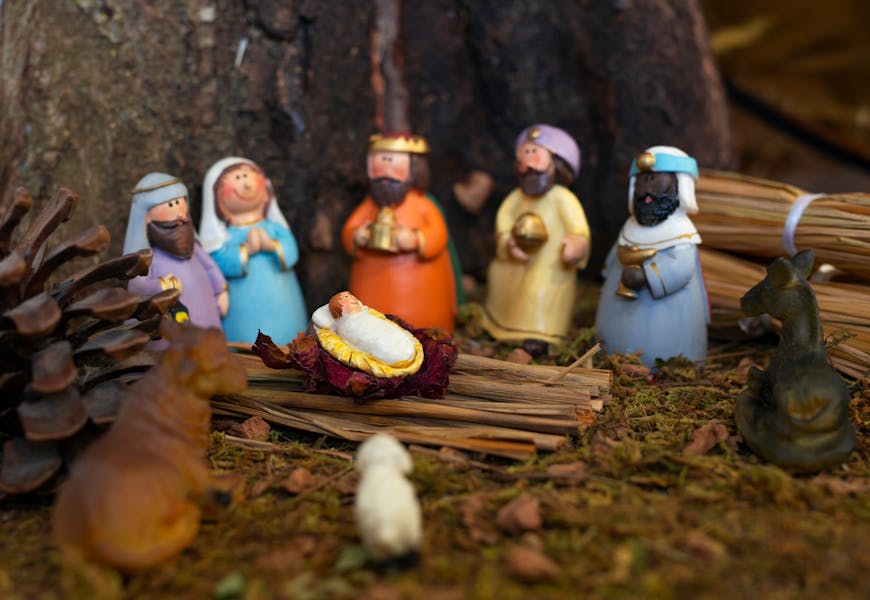
Our Epiphany in Peru
The solemnity of the Epiphany of the Lord was also left behind in Peru. Father Alessio Geraci meditates on the Gospel passage.
In the Gospel of the Epiphany, a fundamental fact is revealed to us in order to understand the humanity of Jesus: the Incarnation takes place in a concrete historical moment, in the time of King Herod, and in a concrete geographical space, Bethlehem, one of the many marginal suburbs, located 8 km south of Jerusalem.
The evangelist Matthew introduces us to Herod, the king, the powerful man of the day; when he learned of the birth of the “king of the Jews,” “he was frightened, and with him all Jerusalem.” Herod had taken power by deception, for he was not a Jew and had no title to be the king of the Jews. The news of the birth of someone who could take the throne away from him makes him tremble. And he organizes the defense, trying to have the newborn child killed. A totally negative reaction then.
But the same evangelist tells us that this Good News is revealed to the magi, and actually they will be the first to visit the Child who is born. They will not be the religious leaders of the time and connected to the temple. They will not be the civil authorities. But the magi, who in the opinion of many biblical scholars, are literally magicians, the term for which in Greek means charlatan, deceiver. They would then be pagans, and by the temple-bound religion of the time, they are doubly unclean: for being pagans and for practicing a profession condemned by Scripture (Lev 19:26).
Their reaction is overwhelmingly positive as they move toward Jerusalem, and when they arrive, they experience great joy as they look at the Child.
The magi come from the East to symbolize the universal scope of salvation, and they represent all of humanity in search; they also represent all of us, the men and women of 2025 seeking the God with us and true and lasting happiness.
Opening their caskets, they offer as gifts to the newborn child gold (acknowledging his kingship), frankincense (acknowledging his divinity) and myrrh (in foreshadowing of his death).
And we, what shall we offer to the Lord today?
Our hearts, sometimes broken by betrayals, lack of work and health and many other things, but at the same time full of dreams, hopes and illusions; we will also offer Him our desire to collaborate with Him in building a better, more just and fraternal world, our desire to live as He lived: with empathy, tenderness, compassion and prophecy.
Epiphany, or the Manifestation of Jesus, reminds us that no one can “appropriate” God, because His saving love has universal reach.
With Jesus, those excluded and rejected by society and religion become the privileged recipients of the Good News.
Maybe as the Church of 2025 we always know how to “universalize” and never “privatize” Jesus, the Good News!
Like the magi, we too are asked not to go back to the same road and to open new paths with creativity.
There is always another road, there is always an alternative to violence, revenge, hatred, gossip, machismo, prejudice, corruption, discrimination, and the globalization of indifference.
Source
- Father Alessio Geraci (Facebook)
Image
- Photo by Jimmy Ramírez
